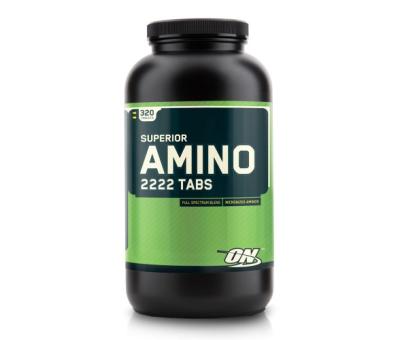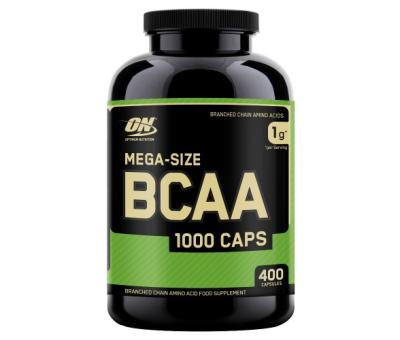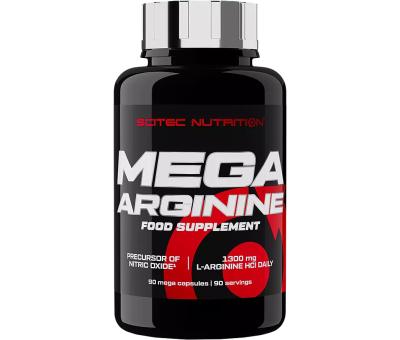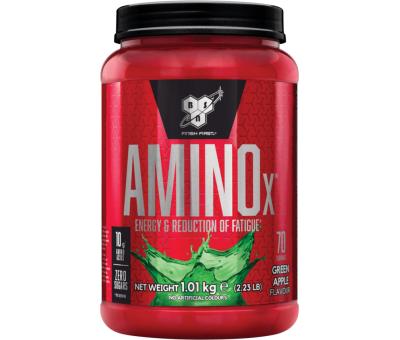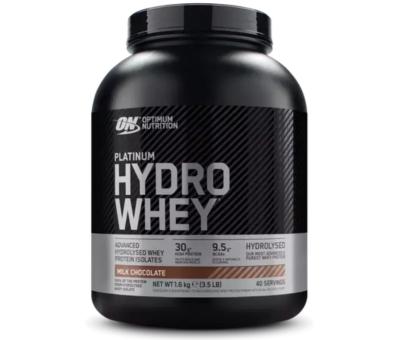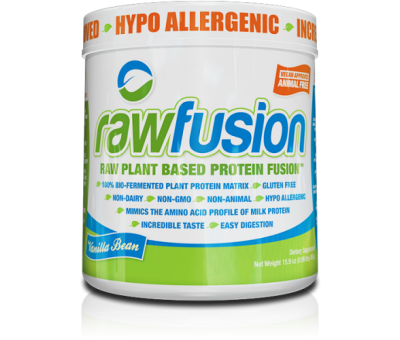Vitamin A is obtained from animal sources as retinol, but the body is also able to convert β-carotene from foods of plant origin into vitamin A. Therefore, the recommendation for this vitamin is expressed as RE (retinol equivalent).
Vitamin A is needed for:
for the process of seeing,
for the growth and development of many cells in the body,
for the normal development of the mucous membranes (hence its important protection against infections),
antioxidant regulation,
to ensure the fertility of the body.
It is not possible to get toxic amounts of vitamin A with food (except by eating very large amounts of raw seal liver). However, vitamin A becomes toxic through over-consumption of supplements, which can lead to fetal malformations, decreased bone mineral density and be hepatotoxic. If the human diet contains large amounts of retinol-fortified foods, the daily intake may reach a safe upper limit of 3 mg / day. In smokers, excessive intake of carotenoids as a dietary supplement may increase the risk of cancer.
The best sources of vitamin A are liver, dairy products (cheese, butter), eggs. Carotenoids are most common in yellow and orange, but also in some green fruits and vegetables and berries (rosehips, carrots, kale, spinach, pumpkin, broccoli, lettuce, peppers, oranges, papaya, persimmons) and sweet potatoes.
Supplement Facts
| Serving Size: |
1 Softgel |
|---|
| Servings Per Container: |
100 |
|---|
| | Amount per Serving | % Daily Value |
|---|
* Percent Daily Values are based on 2,000 calorie diet.
† Daily Value not established. |
Vitamin A
(from Fish Liver Oil) |
10,000 IU |
200% |
Other Ingredients:
Softgel Capsule (gelatin, glycerin, water) and Soybean Oil.
Contains fish (cod, saithe, haddock, pollock) and soy.
As a dietary supplement, take 1 softgel daily with a meal, or as directed by your heatlhcare practitioner.
